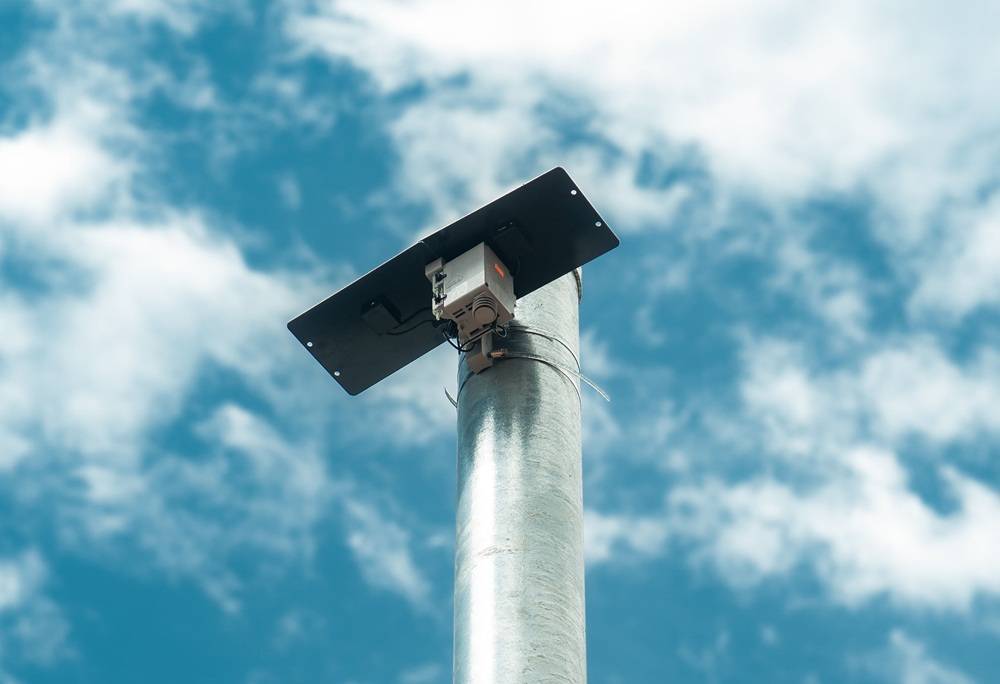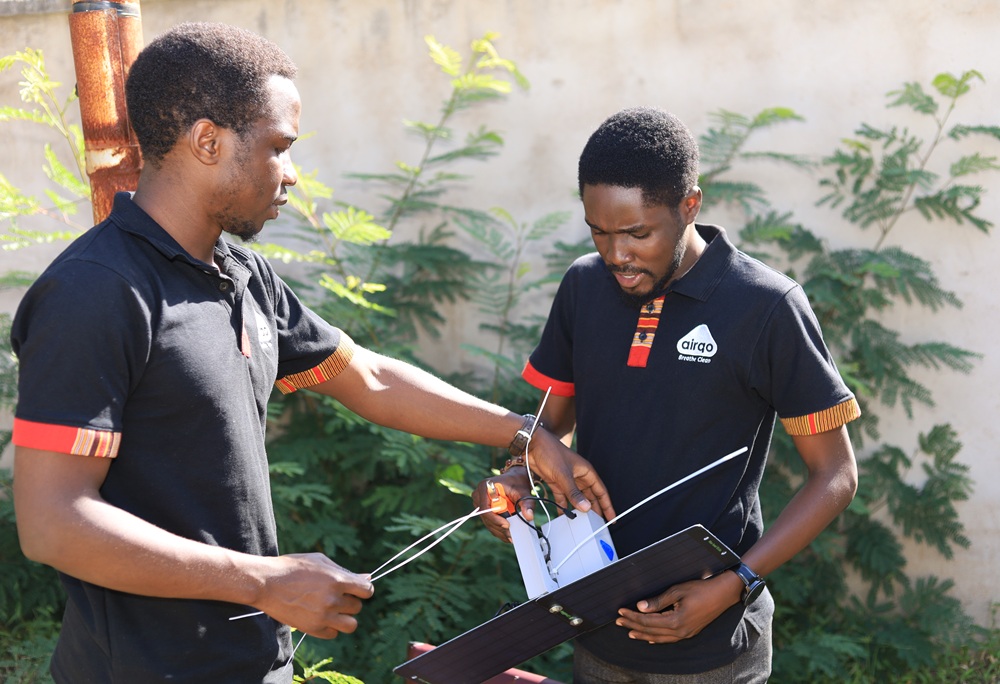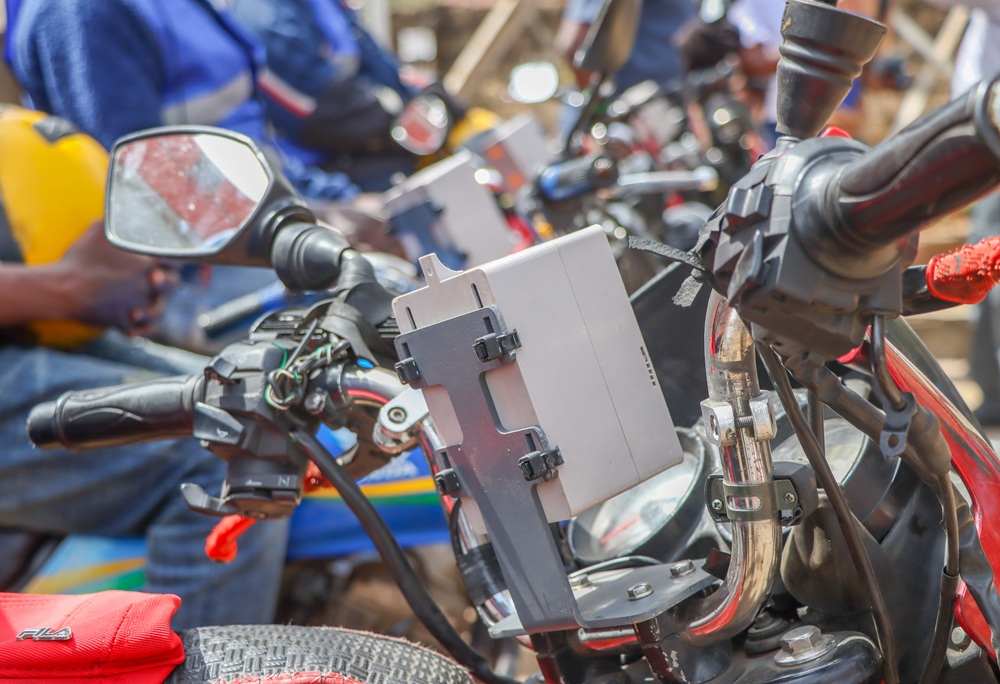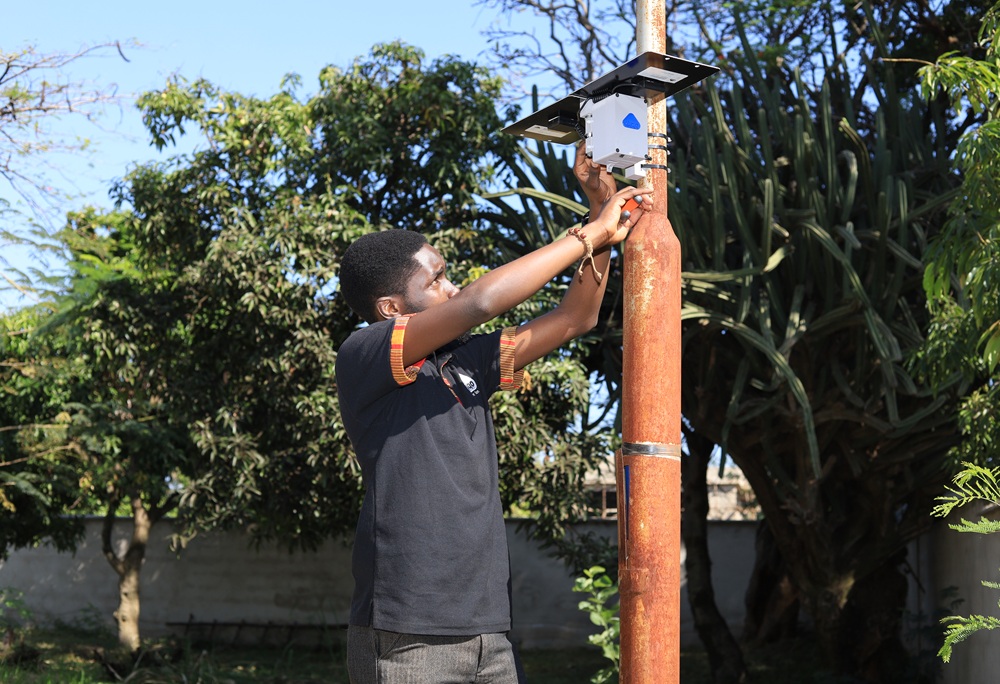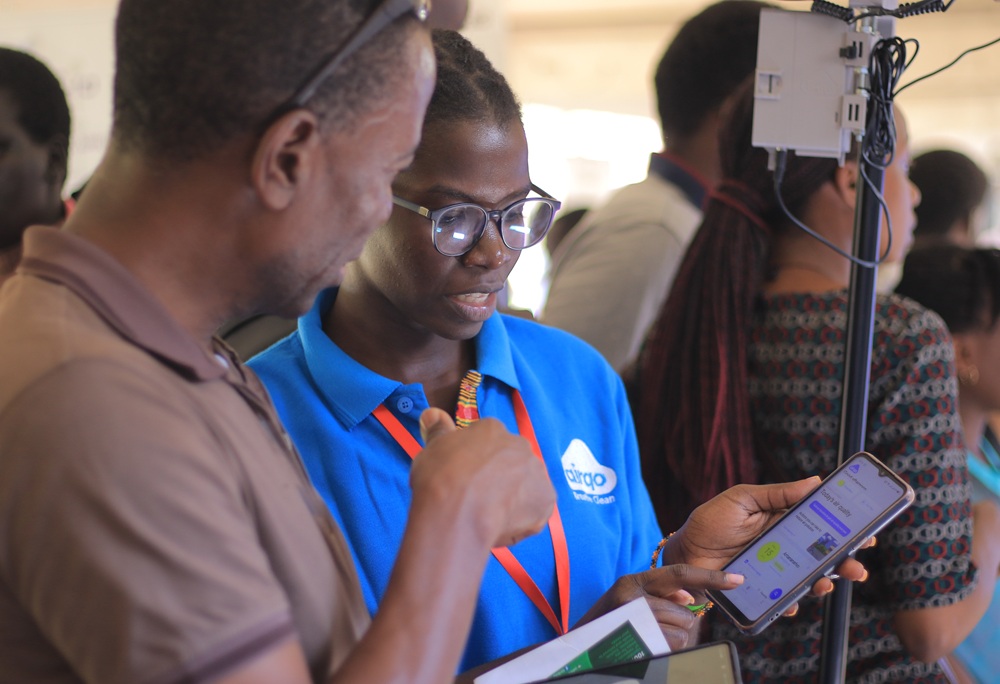
AirQo
Empowering communities with accurate, hyperlocal and timely air quality data to drive air pollution mitigation actions
Project Dates
Start: 2015
The Story
AirQo uses artificial intelligence (AI) and low-cost sensors to provide timely, accurate, and hyperlocal air quality information to empower communities and decision makers in African cities to take action to reduce air pollution. The project has championed scalable, Africa-led approaches to air quality management for African cities and resource-strained environments. These include the design and deployment of an extensive network of continuous data points across Africa, mpowered by low-cost sensors, advanced data calibration and analysis using machine learning and IoT. AirQo also bridges the gap between science and policy by co-creating stakeholder synergies and action to increase public awareness through outreach, and strengthening capacity for evidence-informed policy development through active collaboration with city authorities and local communities.
Success Factor | Hero Moment
Expanding the pioneering work on Artificial Intelligence (AI) and low-cost sensors from Kampala to over 15 new African cities, enabling continuous data access with over 300 data points. Major cities covered include Kisumu and Nairobi in Kenya, Lagos in Nigeria, Douala and Yaounde in Cameroon, Bujumbura in Burundi, Accra in Ghana, Fort Portal, Gulu and Jinja in Uganda, among others. This regional scale-up has enabled more cities to access timely air quality data, driving evidence-based action to reduce pollution and protect public health. Our work has contributed to prioritisation of air quality across the continent, e.g, Uganda launched the first air quality regulations in 2024, East Africa harmonised the vehicular emission limits, and progressive global consensus towards utilisation of low-cost sensors and digital platforms. Additionally, more than two million people have access to air quality information periodically through coordinated outreaches through the Africa Clean Air Network.
Hard Facts
36000 people are benefitting directly
